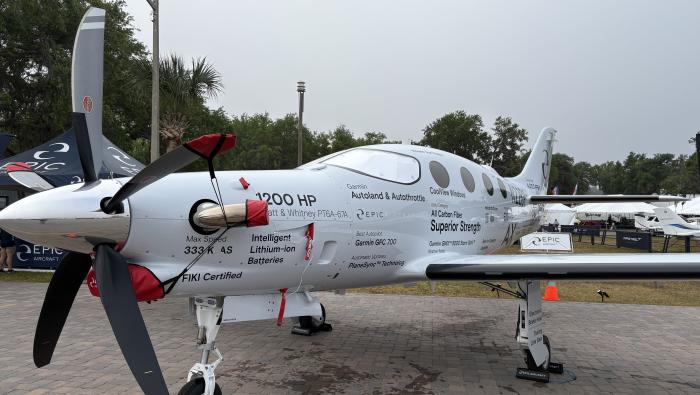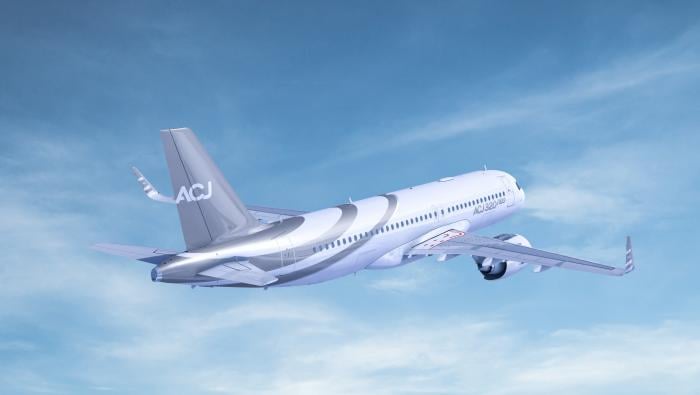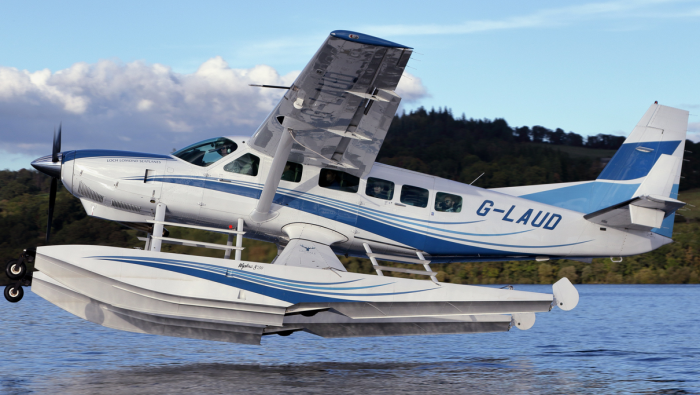On August 31 this year Saab held a party at its Linköping aircraft factory to celebrate the company’s 70th birthday. Guests were treated to a flying display by aircraft from Saab’s past and entertained at a forum where speakers from various business units described their vision of where the Swedish company might be in 30 years’ time, when it comes to celebrate its centenary in 2037.
The group is well placed to offer such predictions: since the acquisition of Ericsson Microwave Systems last year, it has finally become a complete systems house, with a portfolio including aircraft, weapons, radars, boats and vehicles. In addition to the hardware, Saab has amassed considerable experience in the design and implementation of autonomous systems and is in the forefront of network-centric solution development.
Such systems form the core of Saab’s visions of the future. In the air, for example, the company envisions that pilotless airliners will be a reality by 2037, such have been the advances in unmanned air vehicle technology and the autonomous systems that drive them. In the radar field, the microwave systems division envisions the widespread use of multi-static radars, in which many receivers are distributed over a wide area, all linked to a common processing network.
The company also foresees the rise of “mega-cities” built offshore–a natural reaction to the increasing stranglehold placed on land availability. Here in Dubai it is not so difficult to begin to see that vision. If they are built, these new cities will need vast networked security systems to monitor them.
In 1937 Saab was born to build warplanes out of military necessity, and that has been the core of its business for most of the following seven decades. This business was primarily for one customer–the Swedish government–and its development was focused on future needs. Today Saab’s military business has become globalized and more focused on offering a range of products that are available now. The company is also looking increasingly toward the civil security market, an area in which it can draw on its vast expertise of high-technology systems, particularly in the area of networking.







